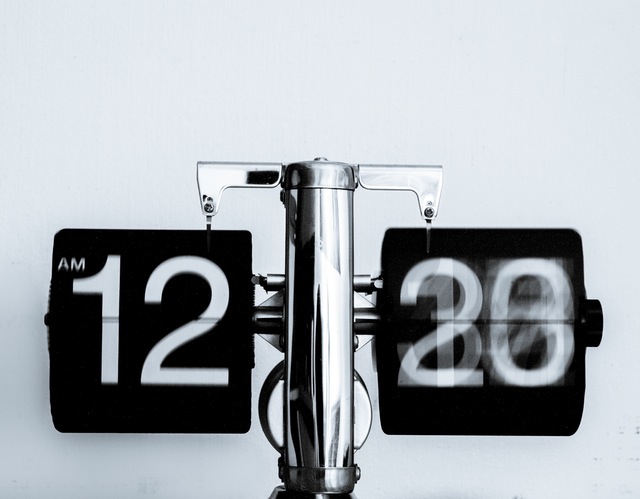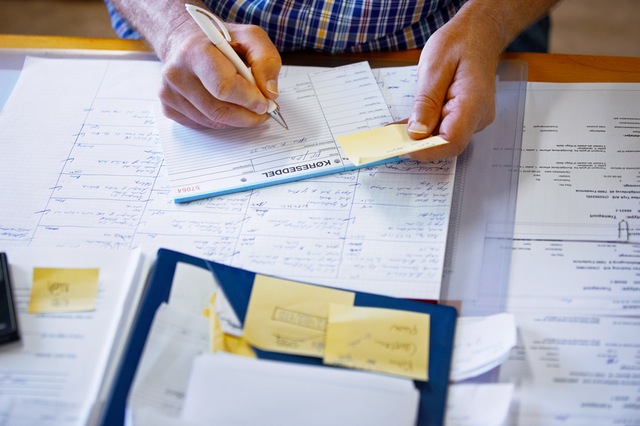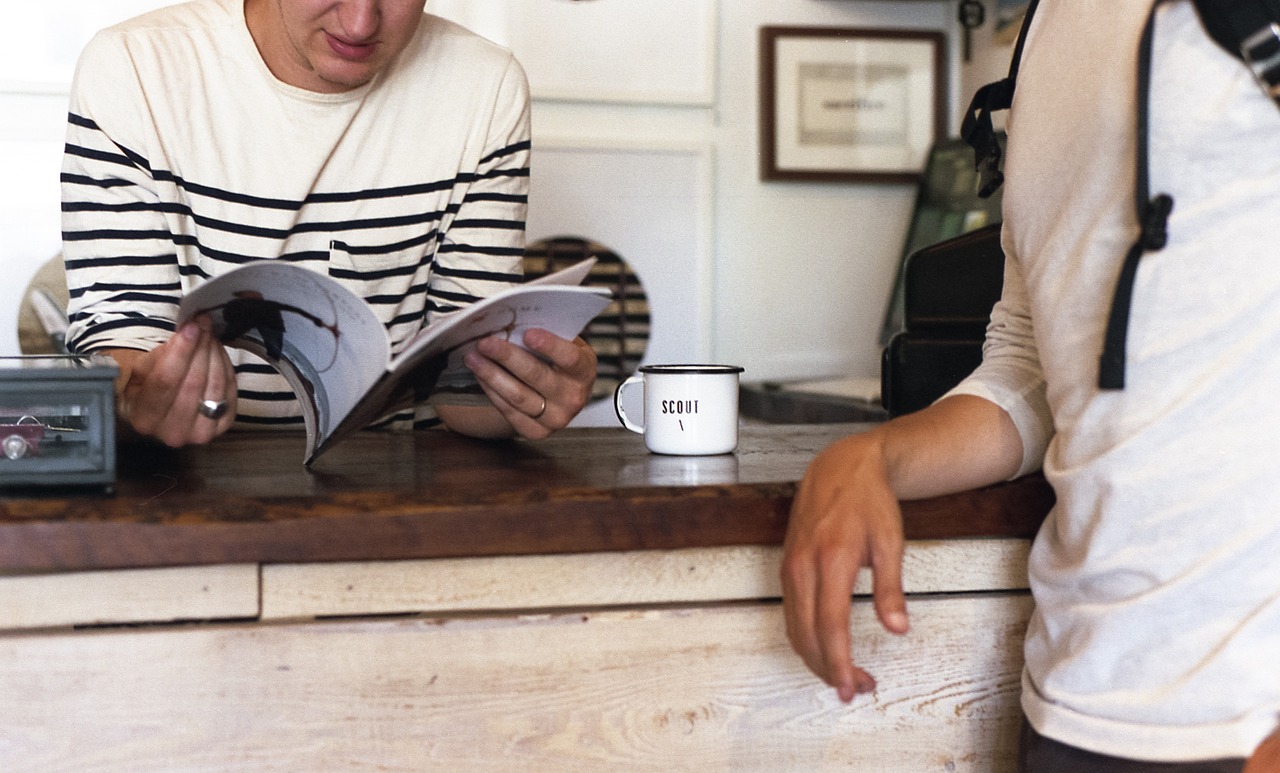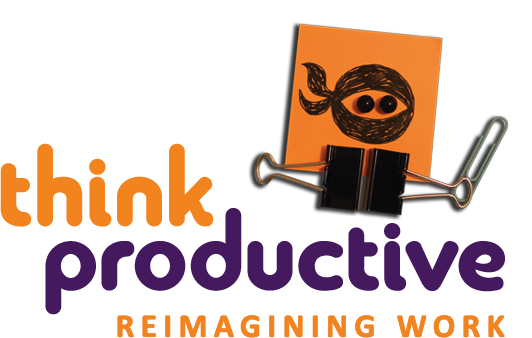Happiness. It’s what everyone wants and yet, so many find it difficult to achieve. Most of this difficulty comes down to not having time to do activities that result in happiness. ‘There aren’t enough hours in the day’ or ‘I have too much to do, it can wait’. These are common statements when faced with finding time to do things you enjoy. However, our Productivity Ninjas praise the importance of allocating time to doing these things. This participation increases your morale and as such, raises your productivity.
It seems rather obvious why you should allocate more time to doing things you enjoy, but how do you actually make it happen? Well, that’s what we’re here to help you with.

See, time is both constant and equal. Everyone gets 24 hours in a day, but it is down to us individually how we choose to use them. Some naturally have more responsibilities and have more time fixed in activities. Take the student with 3 hours of set seminars a day to the single parent with 8 hours of work and multiple hours of ‘parent duties’. So, it is true that certain hours are going to be fixed with ‘must-do’ tasks, which vary for everyone. So, let’s focus on the small changes that can be made around those fixed hours. As mentioned, the most minor changes can have a major effect on morale and productivity.
The big question
So, here comes the old age question of ‘what is it that makes you happy?’ For most of us, it’s not a straightforward answer. Although, its difficulty to answer usually comes from a view of grandeur as opposed to simplicity. Try and think of the small things that make you happy, the daily activities which can become habit. It doesn’t have to be a career change or moving to a different country. Let’s keep it simple for now. For example, setting aside 30 minutes each day for you to read a book on the sofa with a glass of wine. An activity I know some of us here at Think Productive Australia are rather fond of.

Taking a break and having some time simply to yourself can do the world of good. It can ease stress, rid inclinations of grumpy-ness and allow you to think. Try and create a list of the small things that bring you happiness. Then try to allocate time to them each day or week. Once you have a list of activities, you can start to break down how much time they would take and how you can include them. This leads us to the trading of activities. To do this, you have to know what it is that you dislike and what has a negative impact or a bad habit.
No time to waste
Once you have decided what things make you happy, now is time to investigate the opposite. The stuff you don’t enjoy or perhaps more likely, the bad habits which eat up your time. It’s important to make a list of what activities cause grief or frustration and try to remove them. Figure out which jobs you dislike can be outsourced or what actions can be performed in a different manner. For example, food shopping can be quite time-consuming, especially if you go multiple times a week. What if you changed it so that you have a repeated food shop scheduled every week, once a week. That saves you multiple hours strolling around the supermarket and maybe even some money.
Schedule it in
Here comes the important part, actually planning in the time to do the activities. Now you have a list of the things which make you happy and sad, you can start to trade out activities. Remove a negative activity and replace it with one which results in happiness. This can be easier to do than you think. You could sleep 10 minutes less each morning and instead, meditate. Perhaps rather than ordering takeout every Friday night as tradition, you make a meal as a family instead. Whatever it is that you wish to do, you need to make it happen. So, now’s the time in the new year to stop thinking about it and actually do it. Write it down in your planner, set reminders on your phone, even tell people about it. The more people who know and can hold you responsible, the more likely you are to follow through with it.

The core environment
So, that covers the small changes. But what about the environment you’re part of most?
The core environment. This is where you spend the most of your time, whether it be at work during the day or at home in the evenings. This is the largest influence on your happiness as it is what you commit to the most. If the environment you surround yourself with is unproductive, stressful or sad, it has a tremendous effect on your overall morale.
Your personal life is known to have the largest influence on your happiness. So, surrounding yourself in a positive environment is essential to keeping up morale. This is largely influenced by the people in said environment. Your friends, family and relationships. Spending more quality time with people who make you happy is incredibly important and as such it’s worth scheduling time for.

Your job. This is where on average, you spend most of your time during the day. Therefore, it has a huge influence over your morale. Unfortunately, not everybody enjoys their job, and it can be a rather difficult decision to change and do something else. At Think Productive Australia, we encourage everyone to follow a path of happiness, especially in their career. Although, we understand this can be a tremendous change of circumstance. So, perhaps if you can’t or don’t wish to change your job role then an improved working environment could be the answer. Developing friendly relationships at the office, you are more likely to enjoy the work you do and being in the office. Working with friends makes any job better. Perhaps reducing the little, tedious things from your role could help? Whether it is improving email etiquette or attending effective meetings training, improving these small activities can free up a lot of time in the end. Something our Productivity Ninjas would be more than happy to help with.
Happy = Productive
Perhaps you know by now, or could have guessed, we specialize in productivity training. Whether that be personally or on a company level. When we look at productivity on an individual level, it is important to identify the person’s morale. If someone is performing unproductively, then it can be because they are feeling down. This is highly noticeable as a pattern among people who are habitually productive. If you are or know someone who is usually very productive and yet some days that just dissipates, the reason could be purely emotional. If you’re feeling low, you are unlikely to produce significant work. As such, it’s important to try and keep happy, whether that be performing the small activities you identified previously or changing your core environment. The great thing about being happy is that it affects everything else you do positively. Every action and interaction are affected. So, it’s worth making happiness a priority. As it will have so many added benefits.
Being able to make time for your happiness is essential. If you need some help managing your time, then check out our time management workshops to see how we can help you stress less and achieve more.
By Miles Singleton
